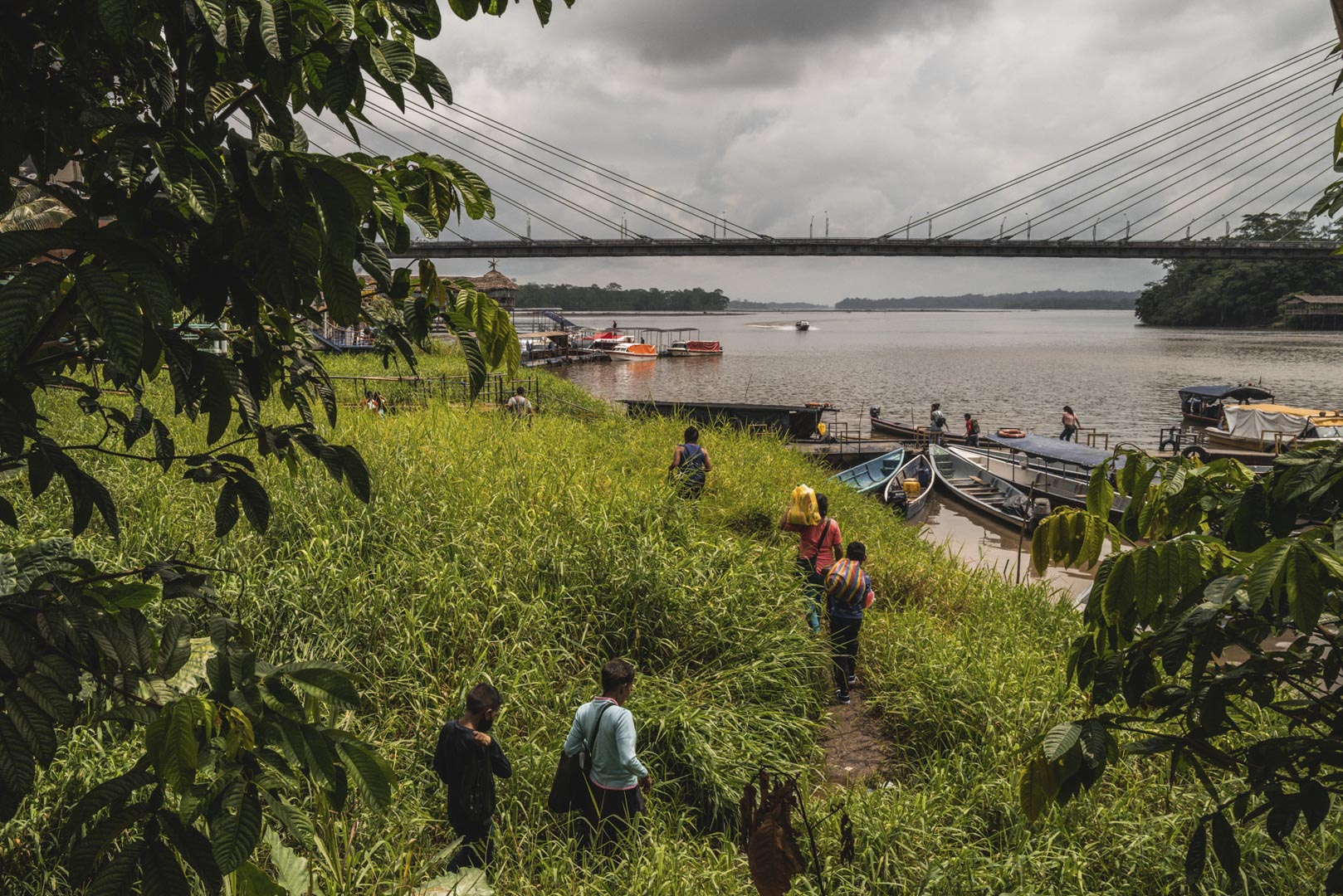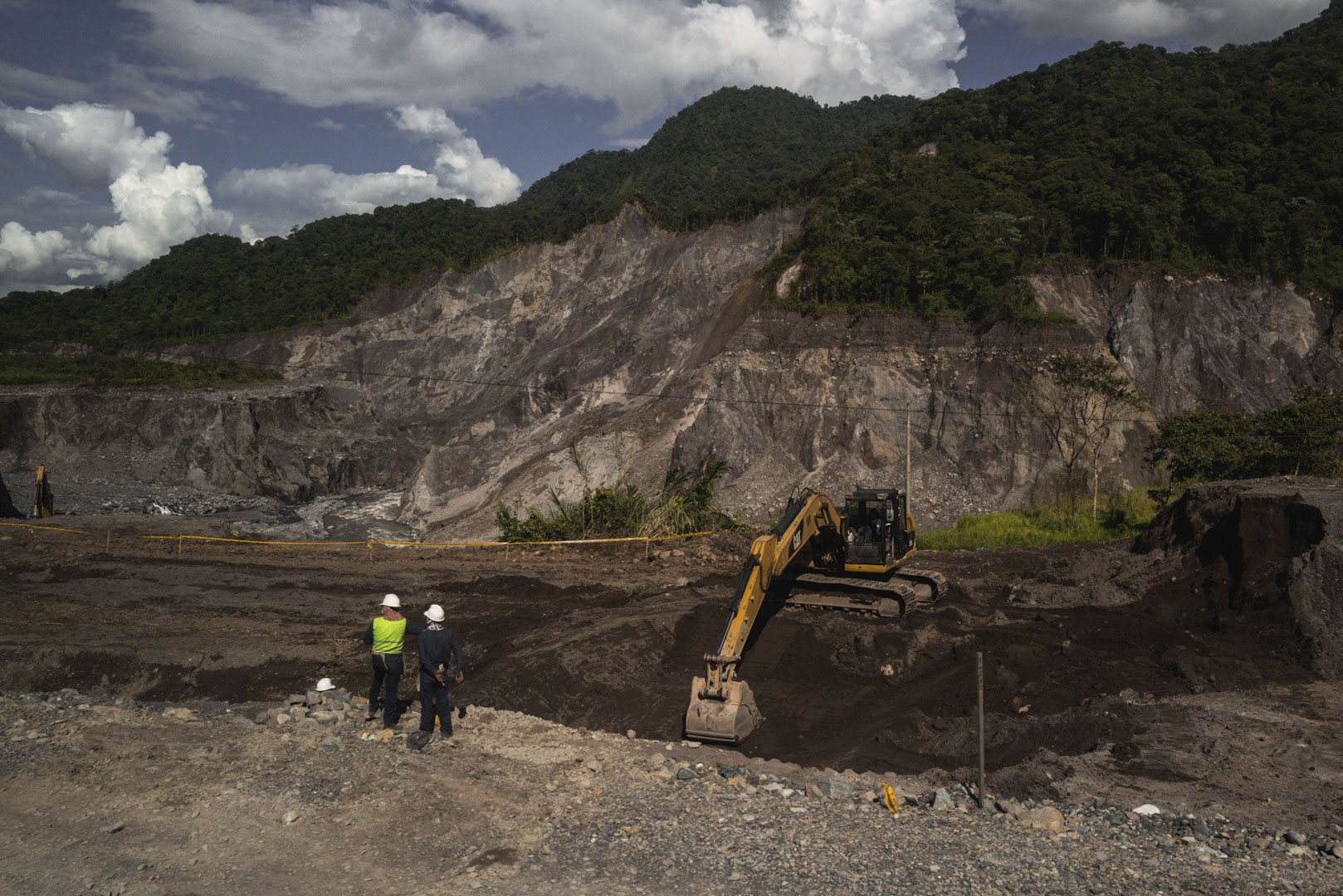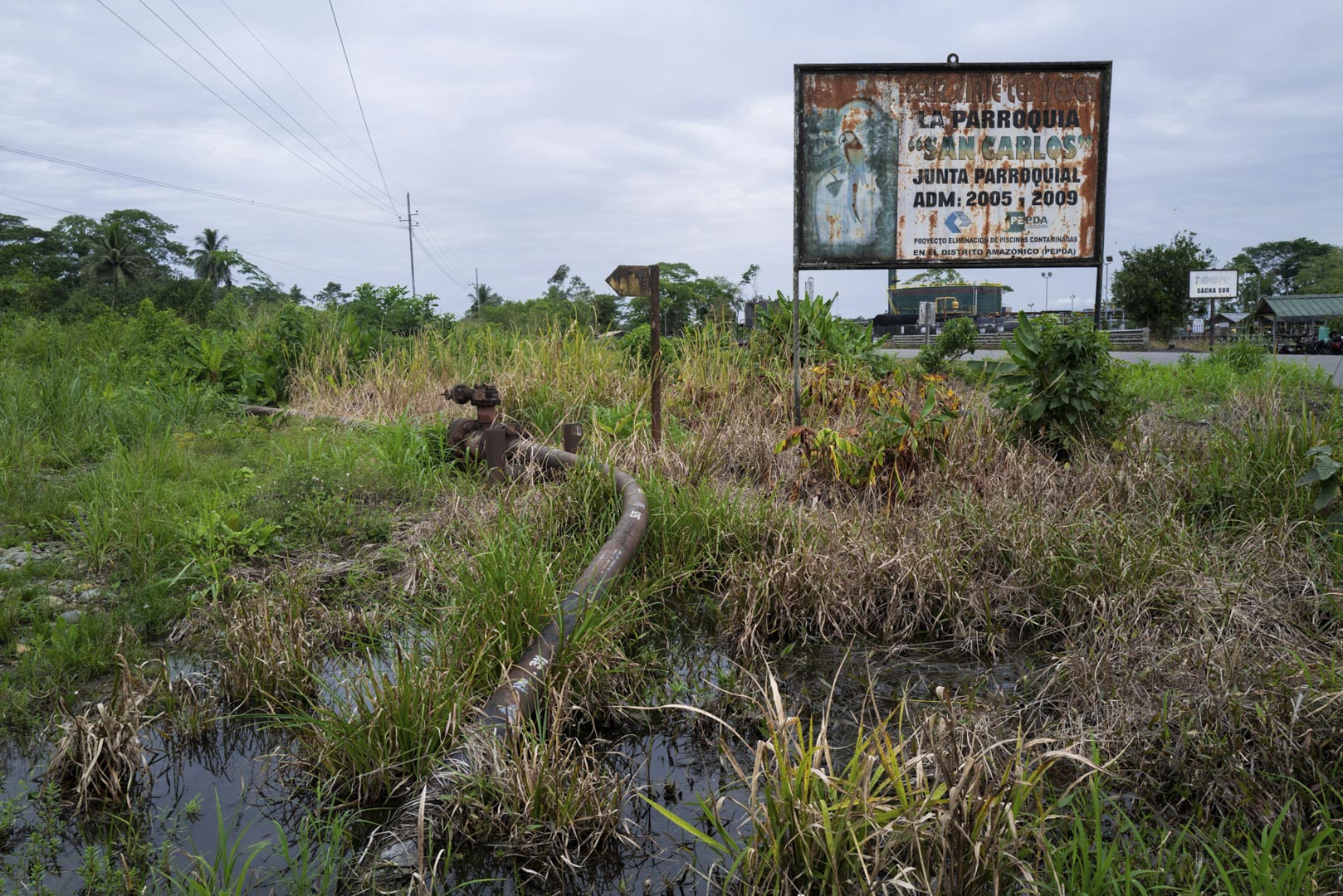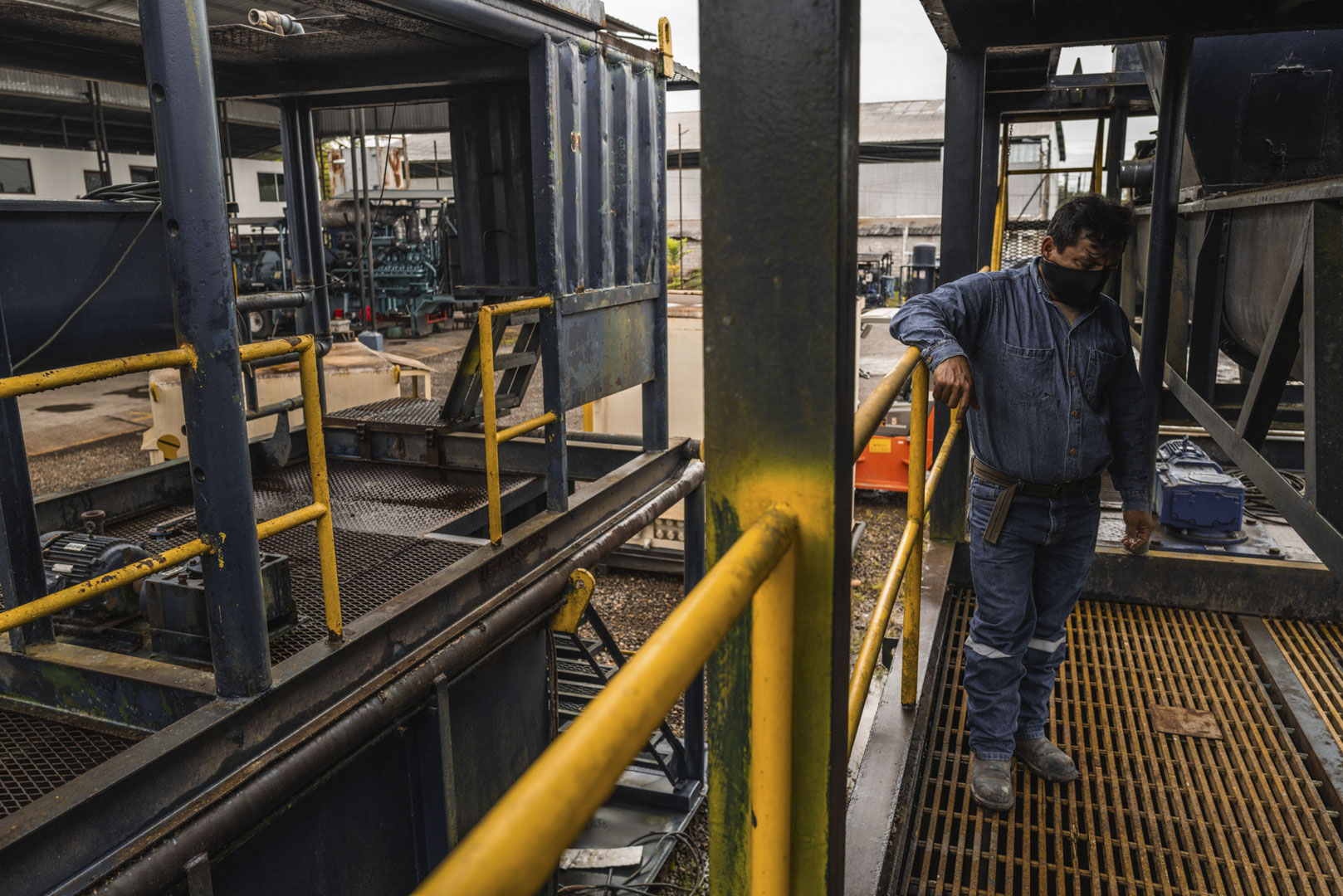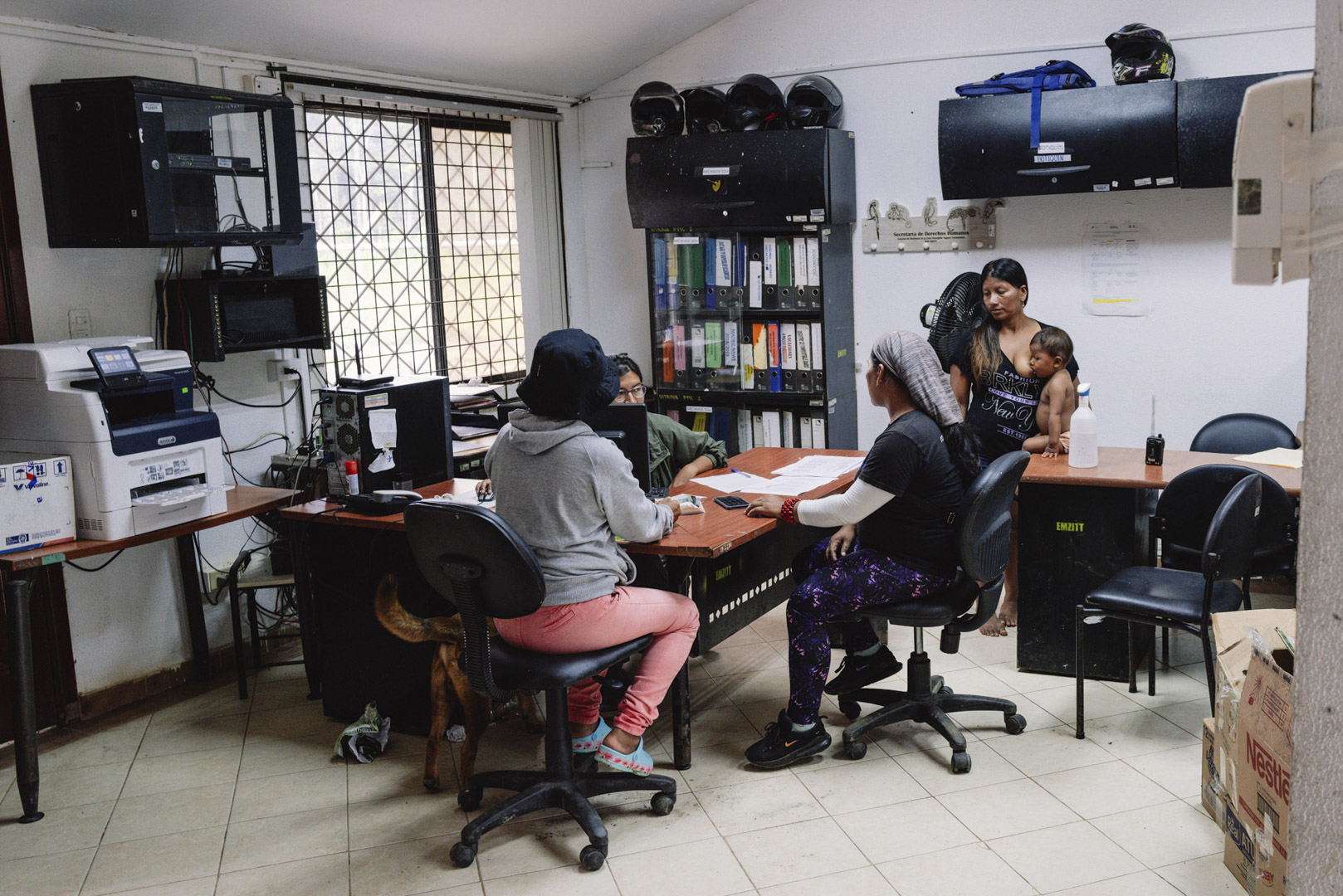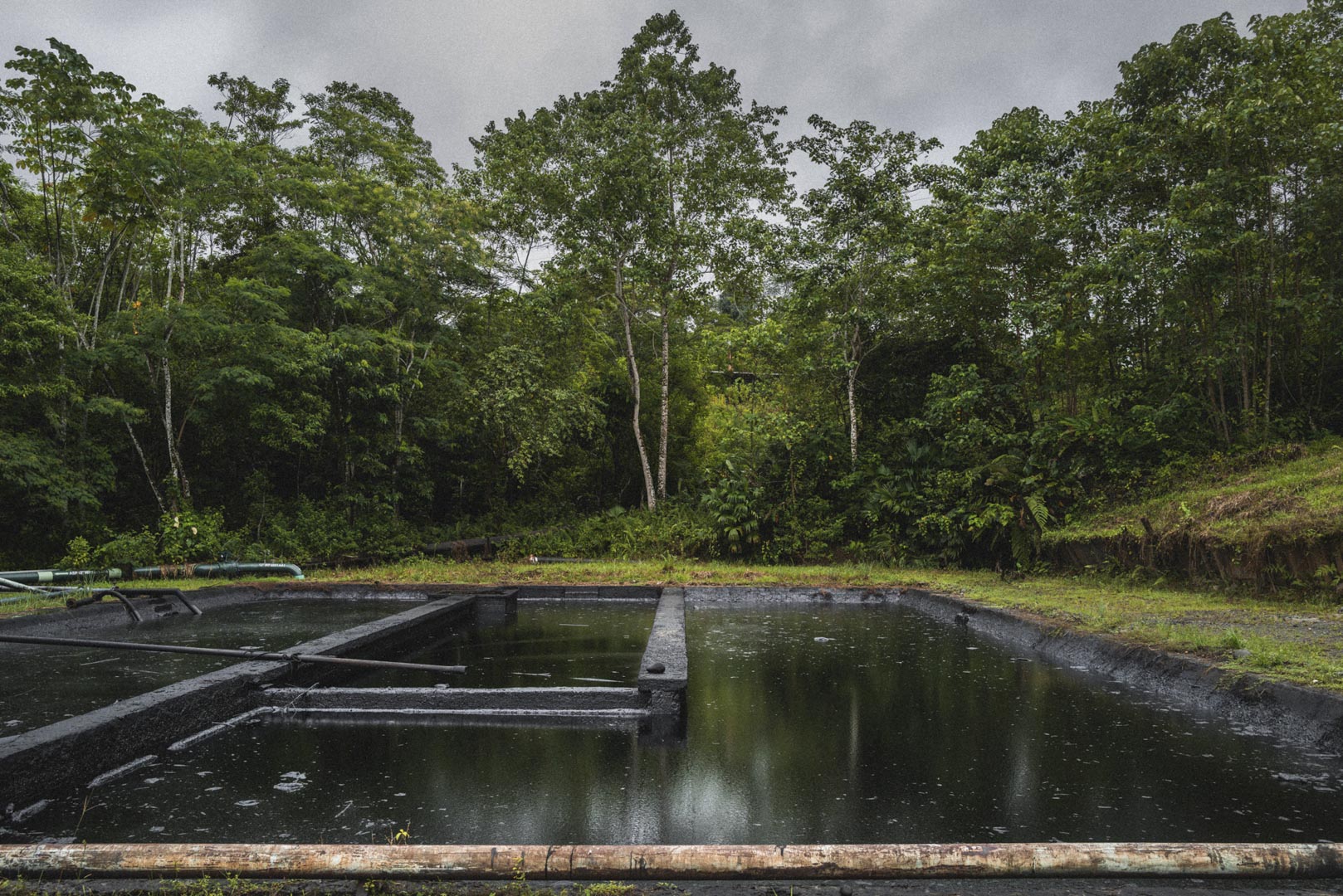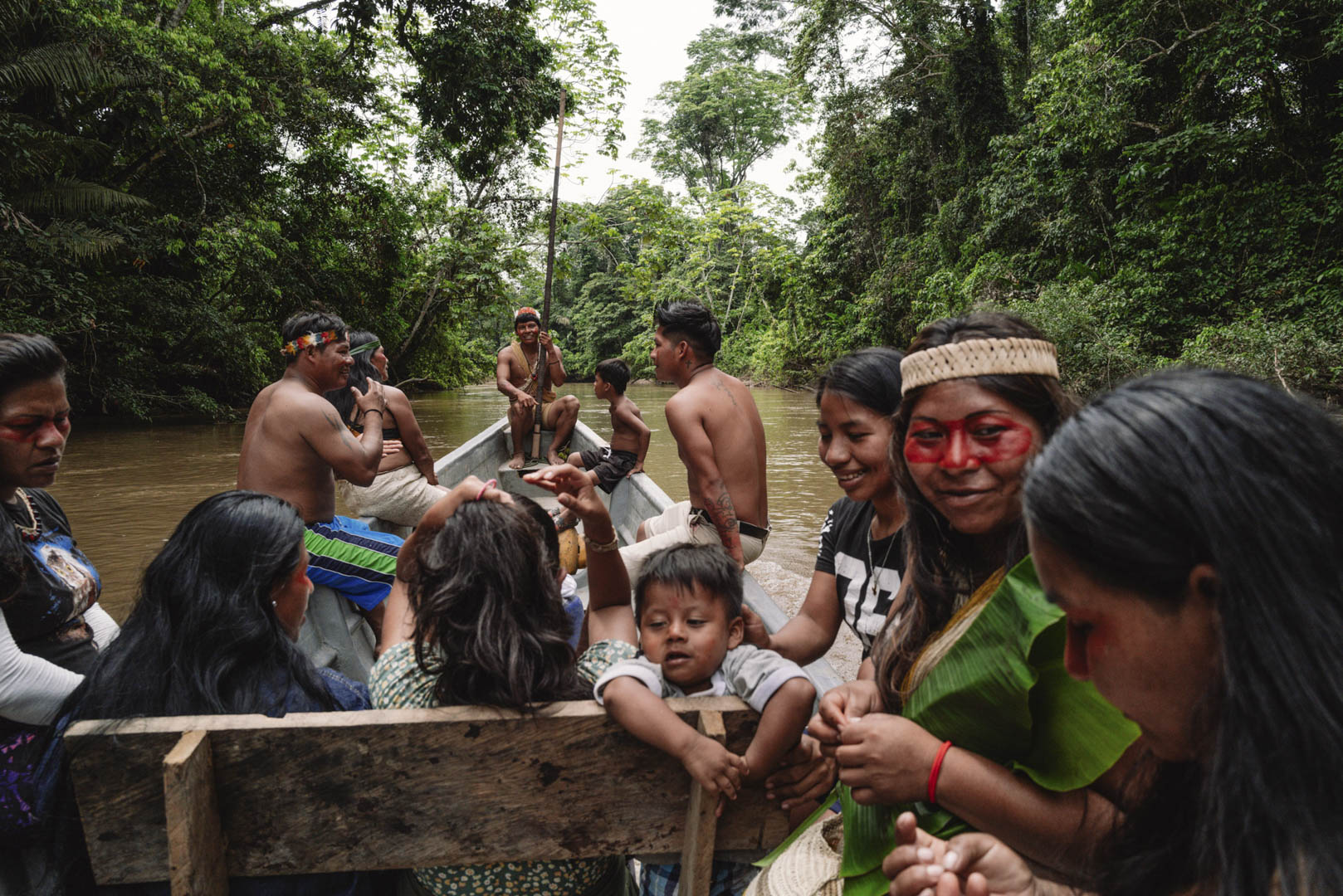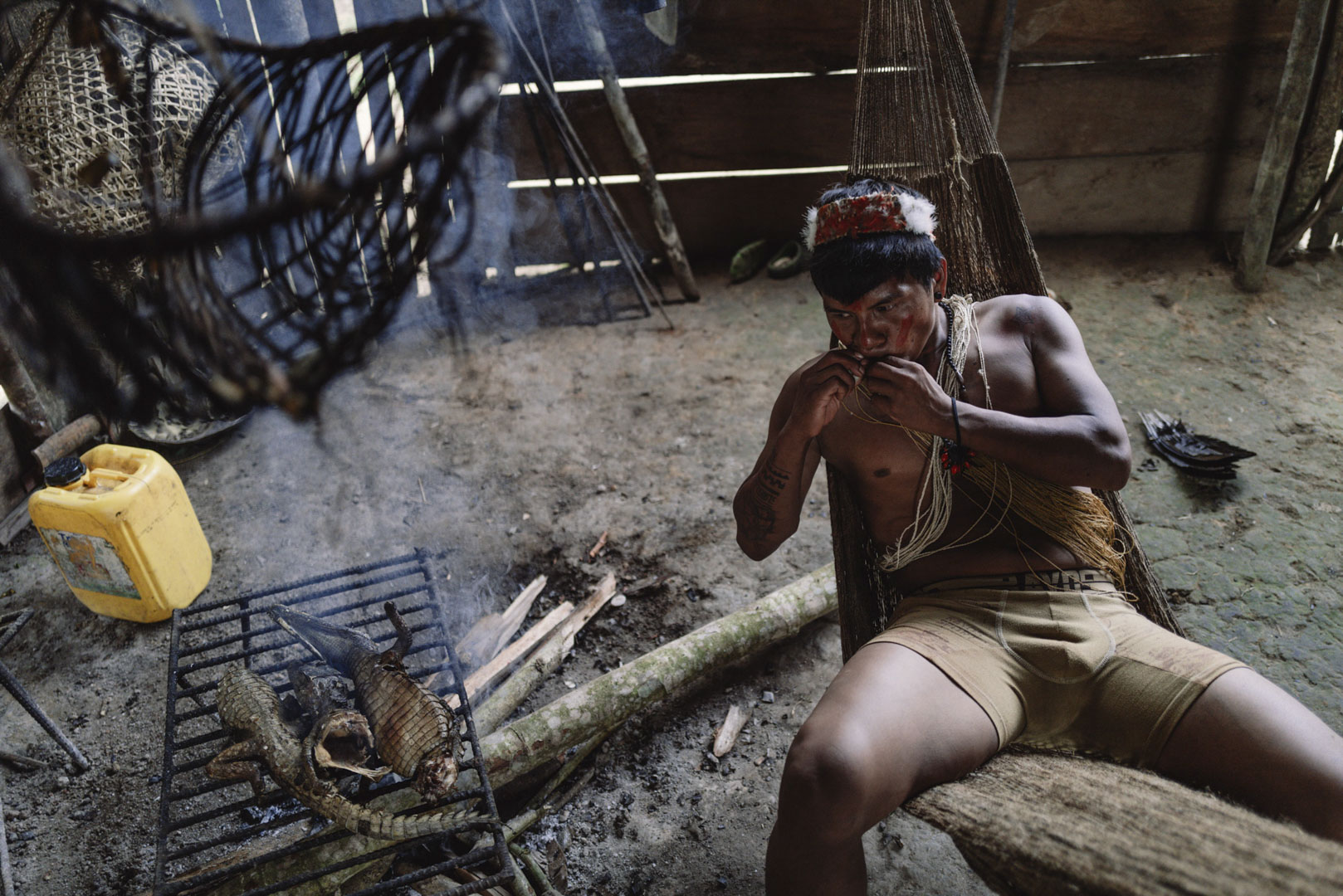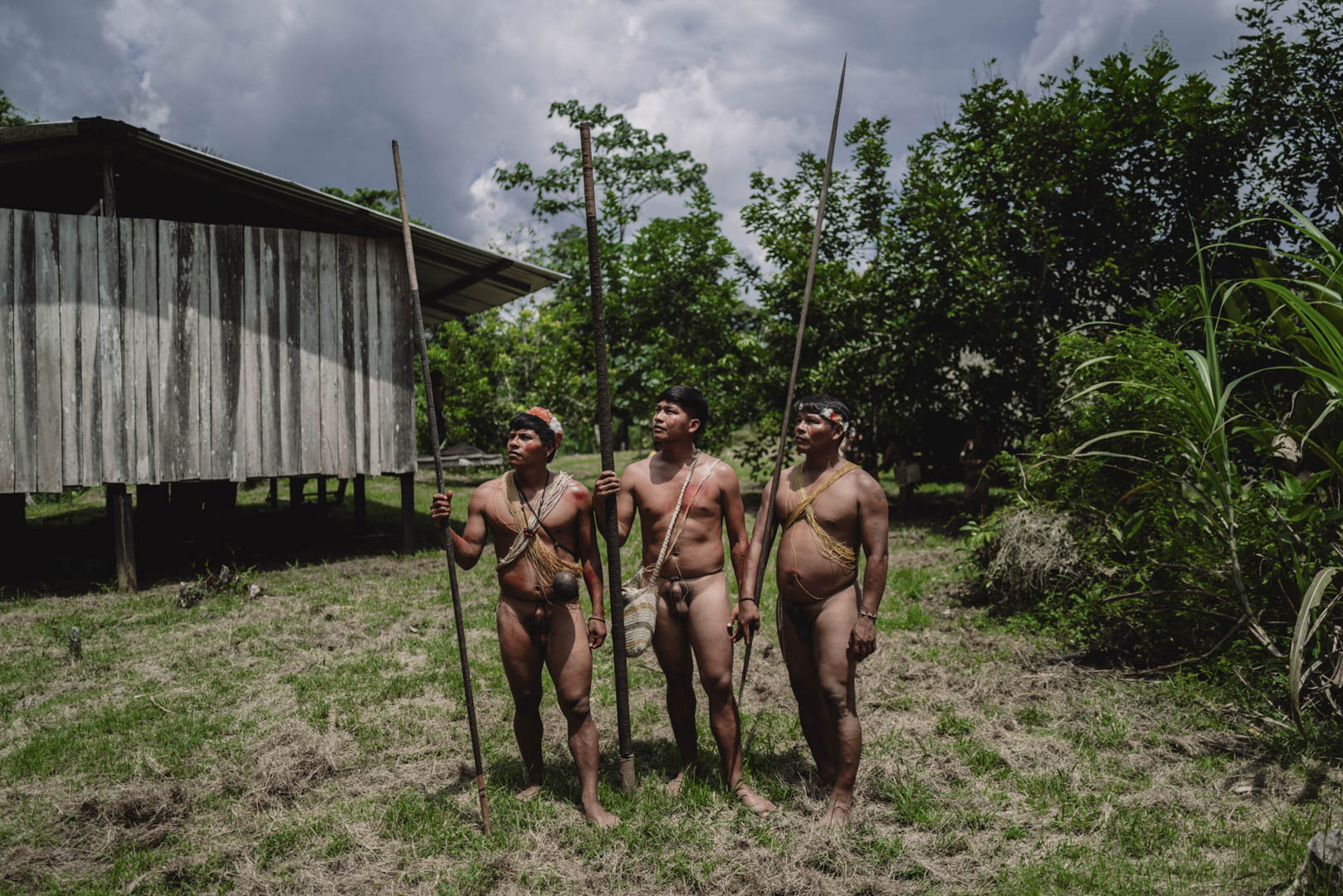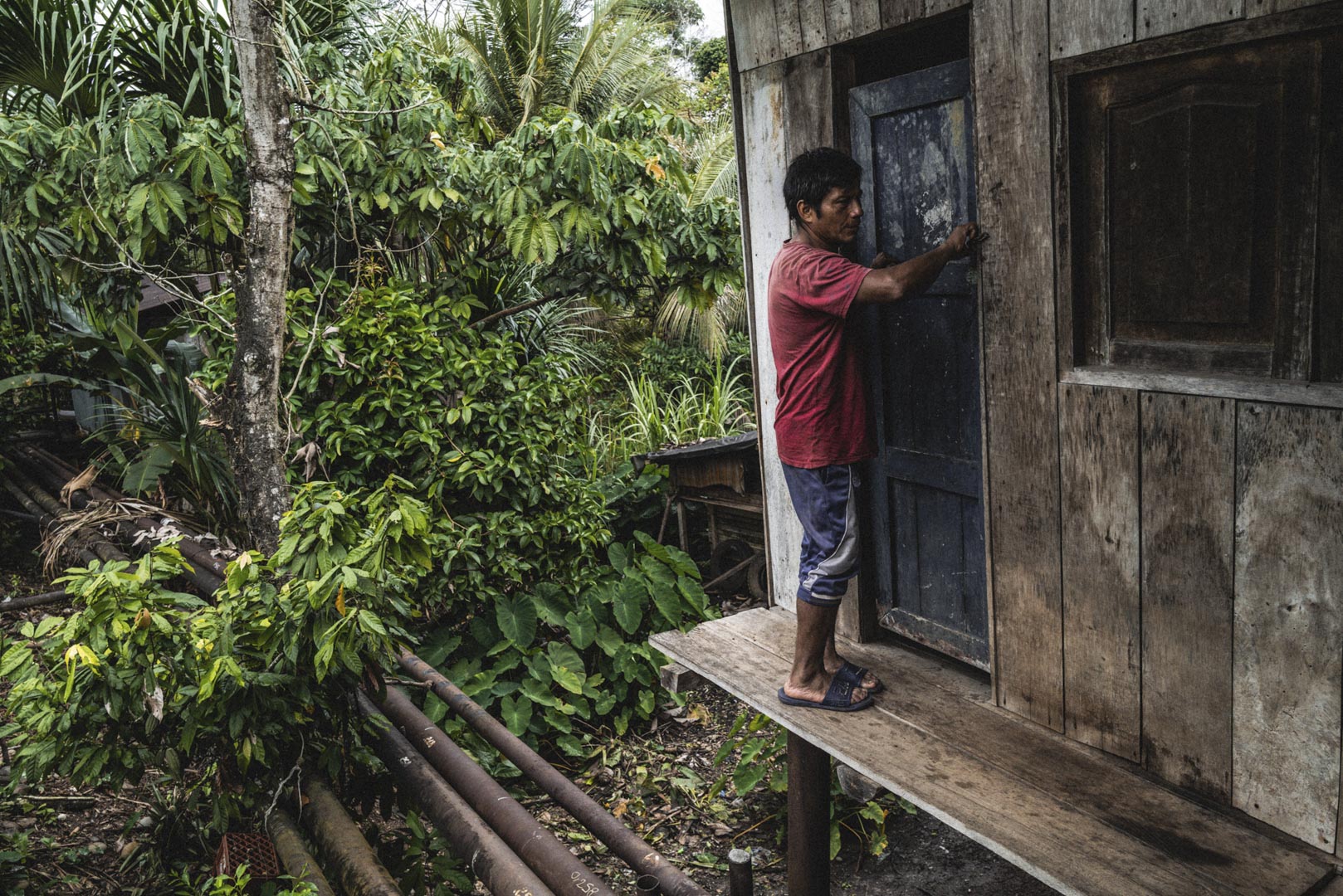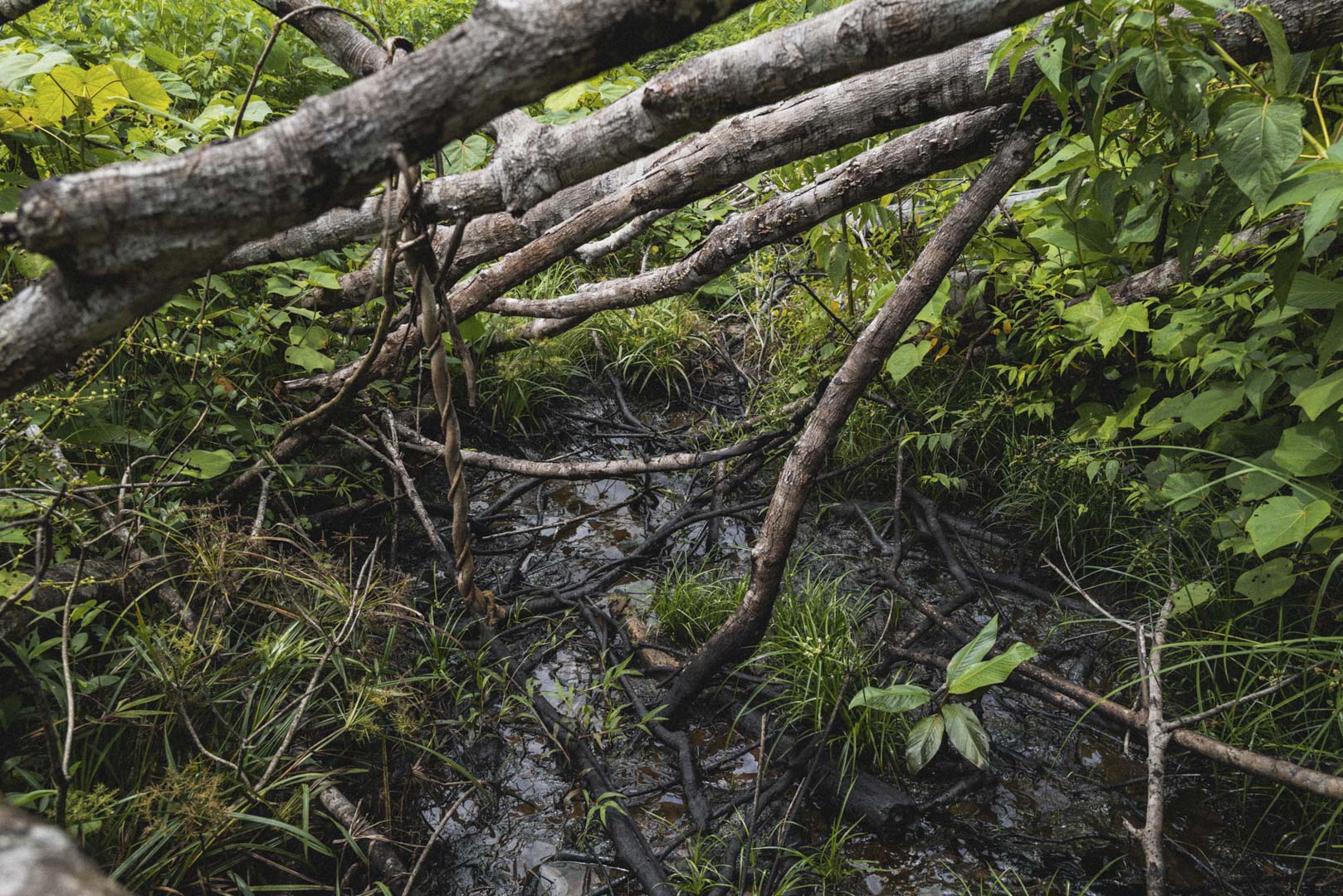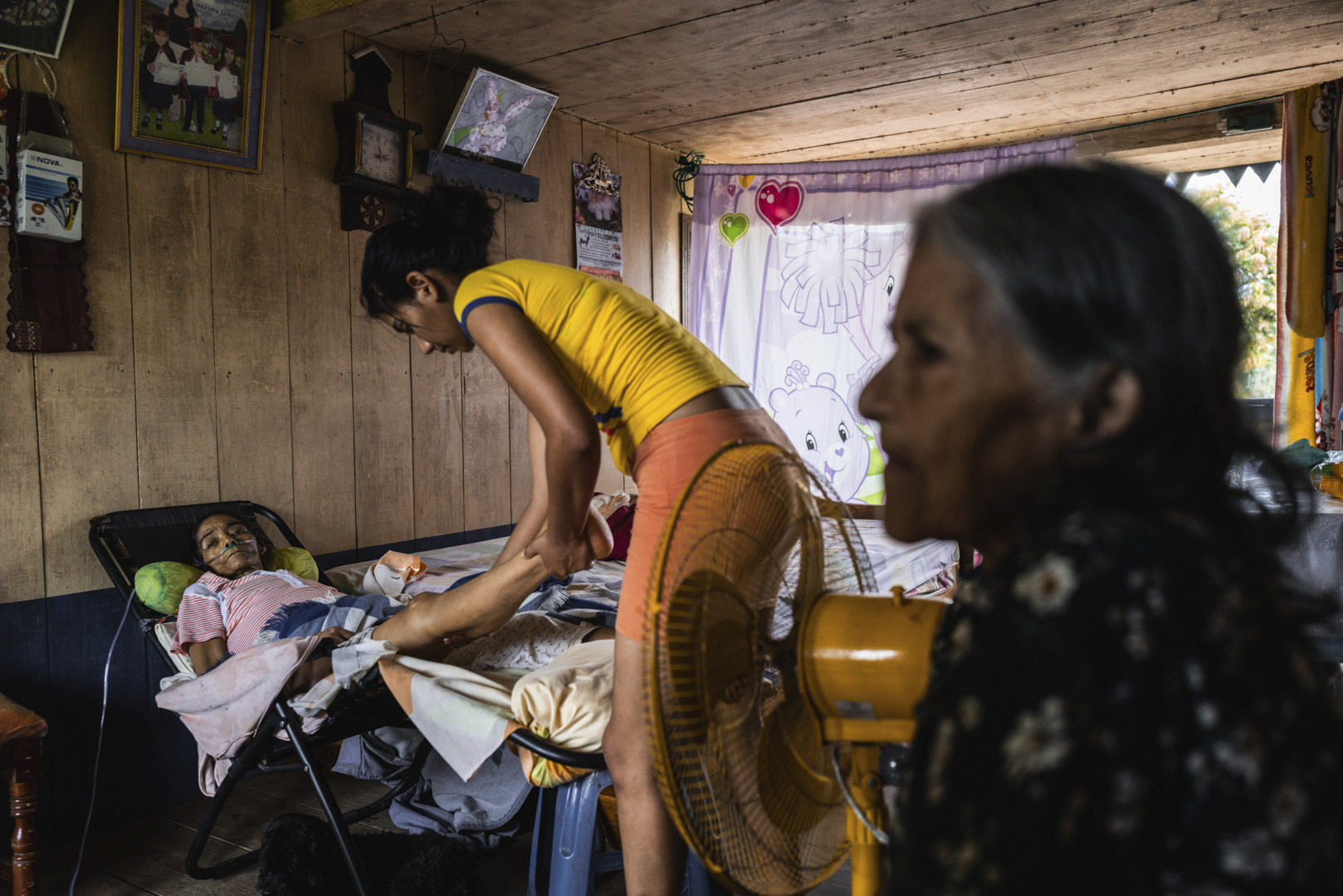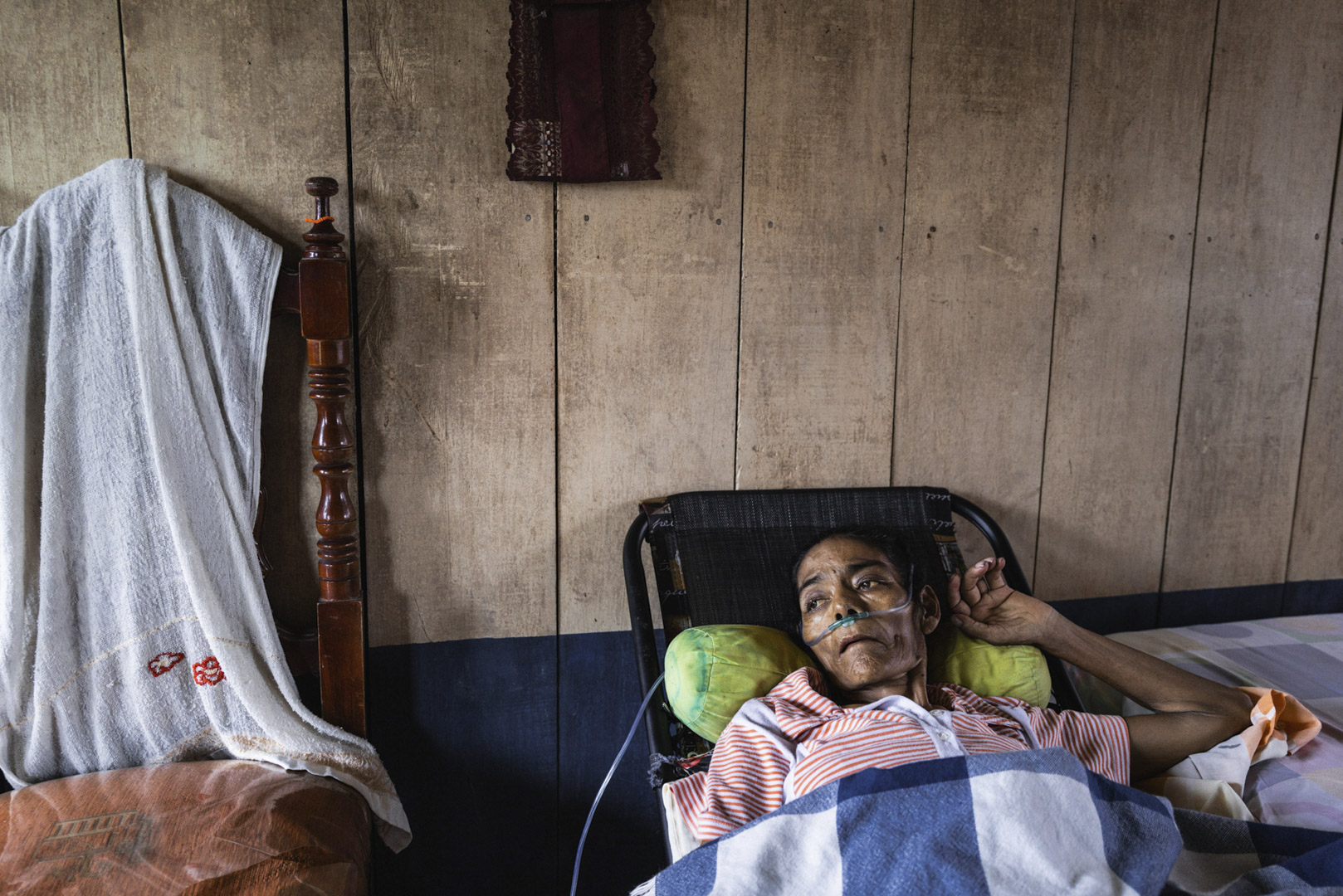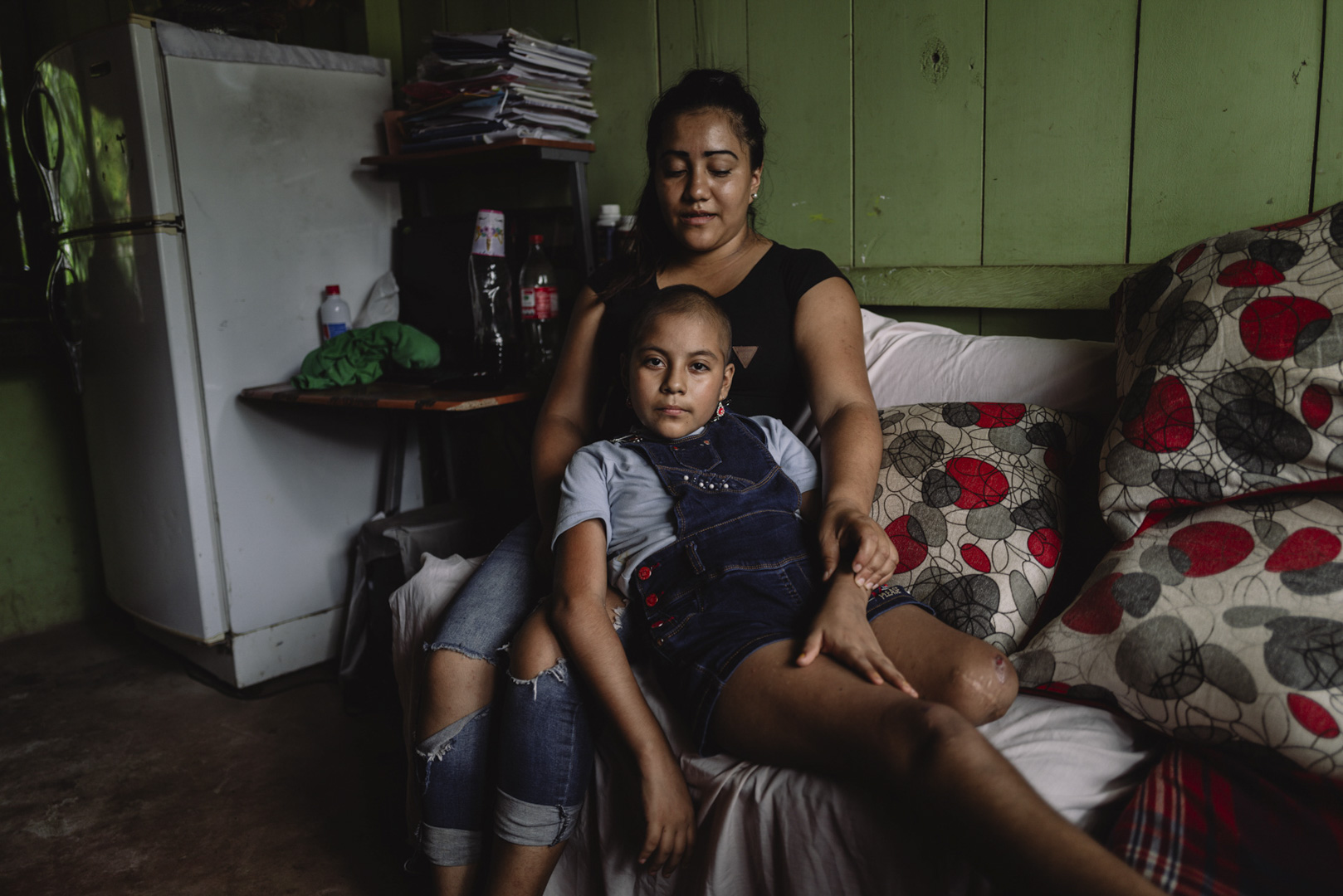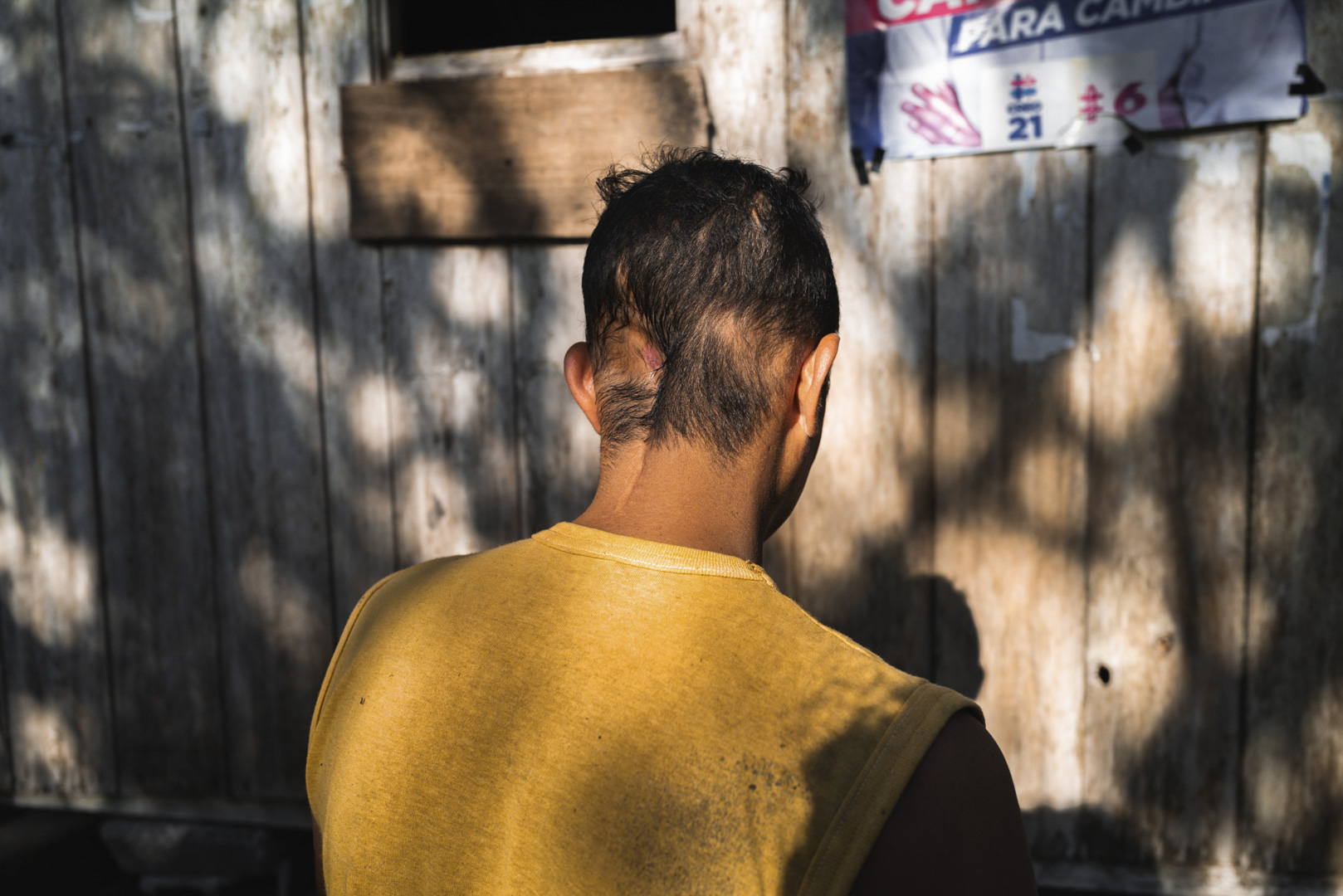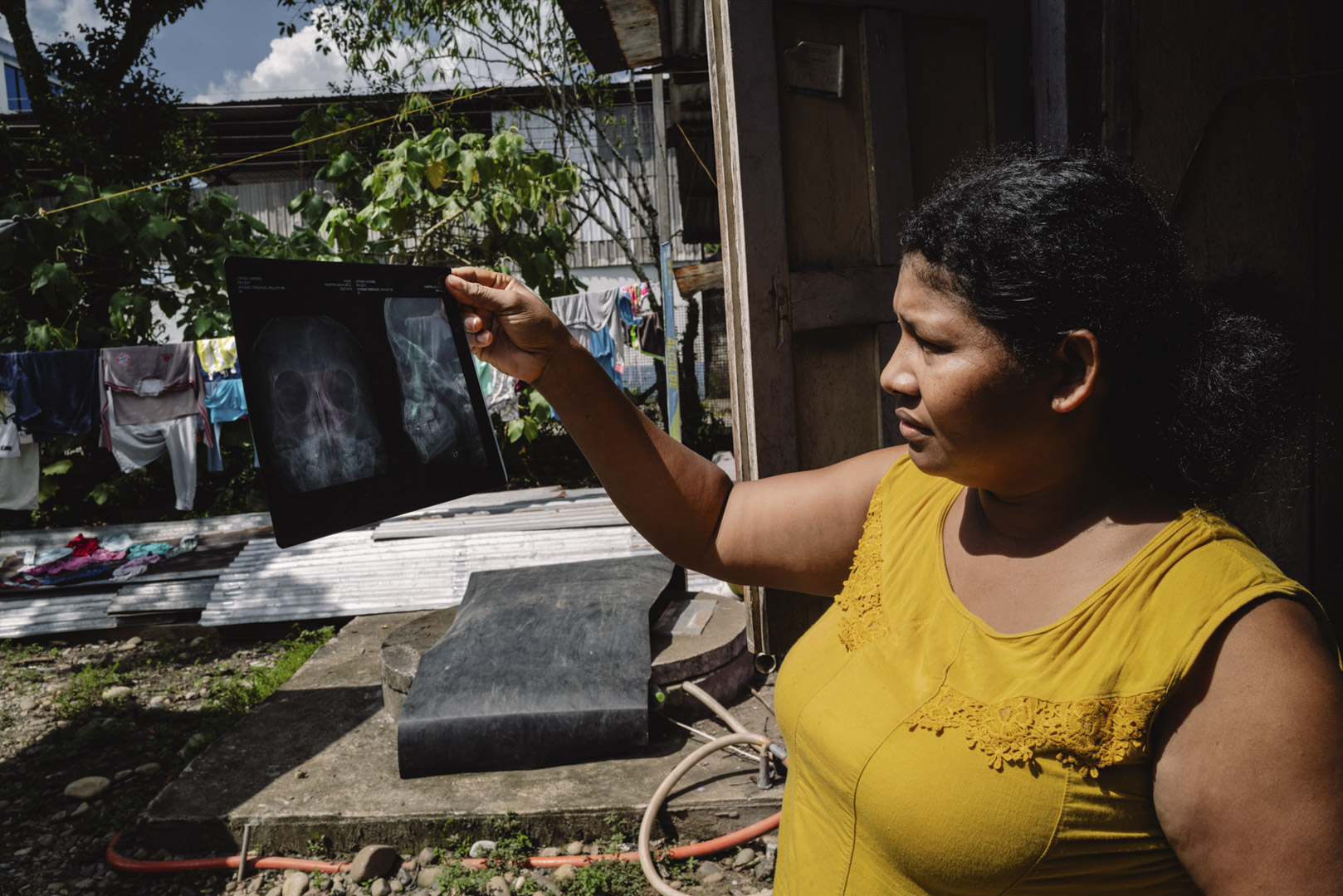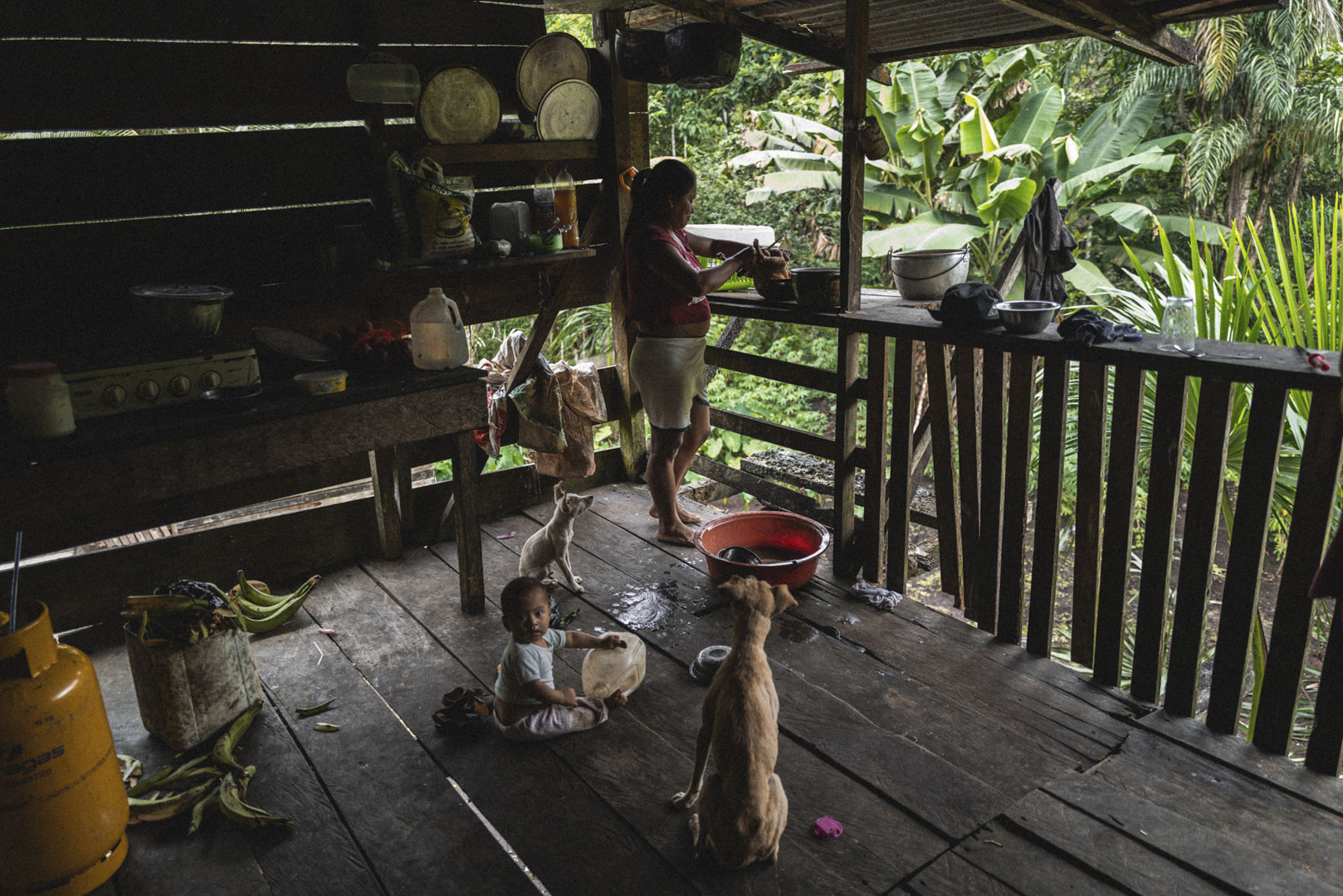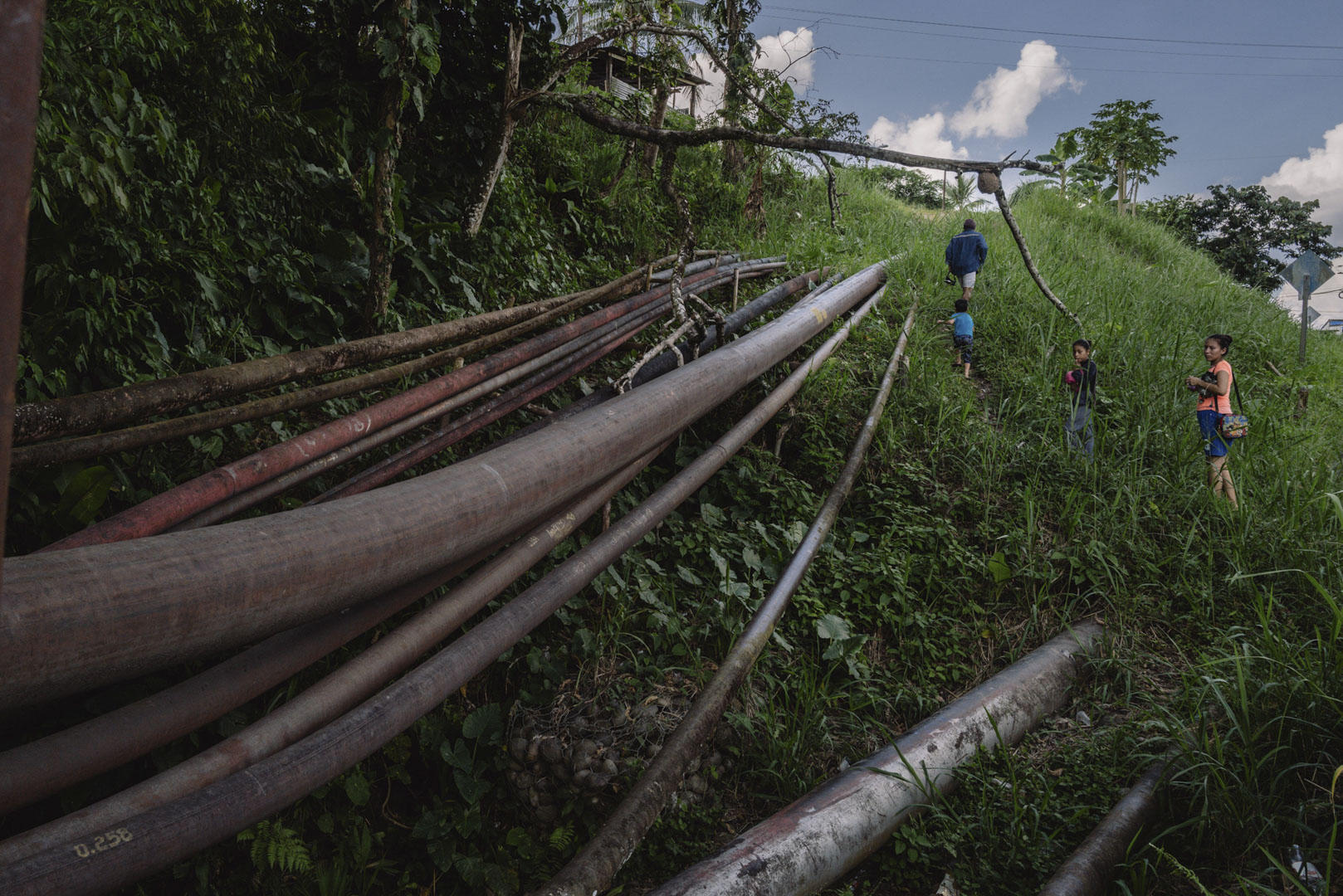Ecuador – Born Among Oil, Jungle and Development, 2021
In the Amazon, the Coca region is the entry point to the Ecuadorian forest and the Waorani lands, one of the thirteen indigenous peoples recognized by Ecuador. This people is today seriously threatened by the increased oil exploitation which is causing deforestation, the creation of oil storage pools and massive pollution of the water, lands and air in their territory.
The jeopardization of this indigenous people and the biodiversity on which they live is the tragic consequence of the intensification of the oil industry in Ecuador, which currently accounts for about a third of the public sector’s revenues and is the main export product with $7.731 billion in 2019. In a country so heavily economically dependent on “black gold,” the political response to the environmental threat to the Amazon and its inhabitants remains unclear and uncertain.
A conflict situation that has been going on for decades and is present again after the recent oil spills and the Amazon Watch’s report.
The rather underreported crisis that has occurred in the northern region of the Ecuadorian Amazon, in the past 2 years has been monitored by UDABT (Union of those affected by the oil operations of Texaco) which concluded that out of 5,000 respondents, 251 are victims of cancer diagnosed by a specialist doctor.
Living with the forest and its resources, the Waorani people are facing the threat of oil extraction, and seeing the rivers of their territory contaminated by successive oil spills. Witnessing the disappearance of most of their lands and ecosystems, they are engaged in a struggle to maintain their traditions and way of life, going so far as to file a complaint against PetroOriental.
Weya Cahuiya, a Waorani activist from Ñuneno village testifies: “We call on governments to respect our territory but they never paid attention to us and attack us. Let us live as we want, let us manage our territory. In the last spill, the river went black and our animals died, dogs, tapirs, chickens and fish died. The plants, bananas, yucca, all dead. We are not complaining about other parts of the country, we are outraged by what is happening in our home.”
Despite the emergency reality on the ground, the lack of presence of the State and non-governmental organizations creates a frightening scenario of powerlessness.
On 2 February 2020, Ecuador’s highest waterfall, the San Rafael waterfall, collapsed. Regressive soil erosion led to the rupture of three oil pipelines within 3 years. The country’s national oil company, Petroecuador, already the subject of a number of controversies, is once again at the heart of a major environmental controversy. On 16 April 2020, the group was forced to suspend its activities. Despite work being undertaken to renovate the Shushufindi-Quito pipeline and disinfect the affected area, the disastrous consequences of the oil spills are still having an impact on the indigenous peoples living near the Coca River.
The rupture of the oil pipelines has caused a “pool of oil” phenomenon in the areas adjacent to the Coca River. The pipelines are seen bathing in this dangerous oil water, which penetrates and contaminates the soil.
The Waorani are one of Ecuador’s thirteen recognised indigenous nationalities. When the oil pipelines in the Coca River ruptured, the traditional Waorani people had to move in order to obtain supplies from neighbouring uncontaminated territories.
Iralda Zurita, 53, has stage 4 breast cancer. Her daughter says that the tumour was discovered 8 months ago because Iralda was in so much pain. Unable to go to the local hospital, she travelled to Guayaquil for specialist treatment. Within a few months, the cancer had spread to other organs, forcing her to travel to Quito. During an ultrasound scan, it was discovered that the cancer could already be in the liver. Iralda and her family live on a small farm 10 kilometres from the town of San Carlos, close to their land, where there are oil extraction and processing fields.
Jennifer Camila Abad Flores, aged 12, and her mother Andrea Carolina Flores, aged 29, live in a wooden house 200 metres from an oil well. Andrea recounts how her daughter was diagnosed with leukaemia after a domestic accident that resulted in part of her leg having to be amputated. “A few months after the amputation, Jennifer’s health didn’t improve, she was weak, she wasn’t eating… We took her to the doctor and it was noticed that the platelets were dropping in her blood and that I needed to take her to an oncologist. So, on 4 February 2019, we learned that she had leukaemia and was hospitalised for 32 days in Quito. During the treatment, we spent months together in hospital.”
